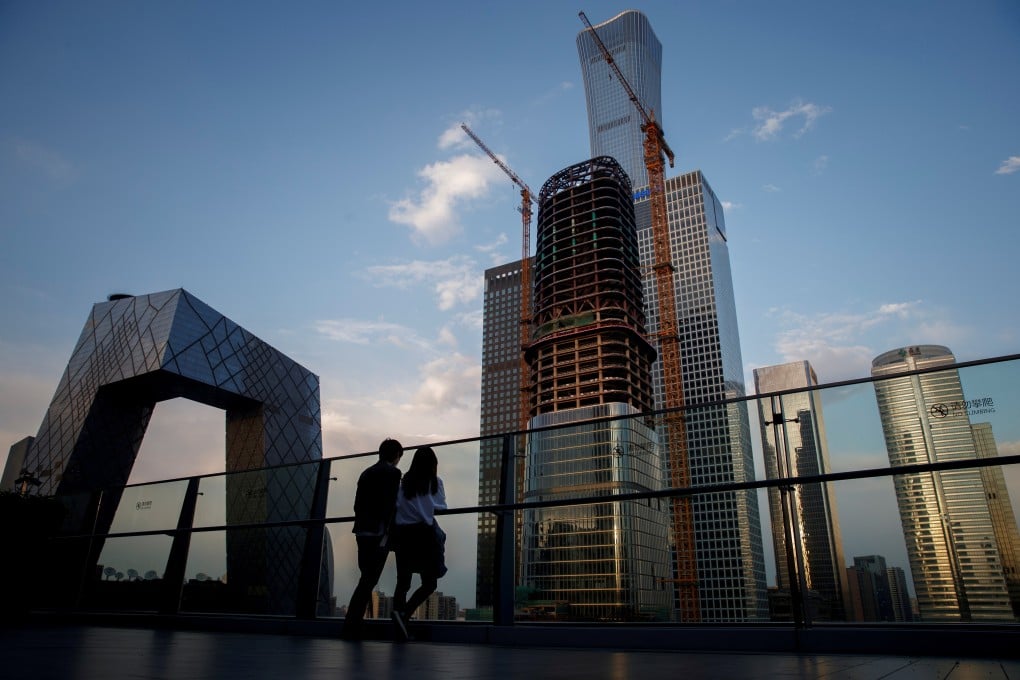China’s antitrust regulator fines affiliates of Alibaba, Tencent and SF Holding for ‘monopolistic behaviour’
- ‘The online economy has become increasingly concentrated by market share, with resources fast concentrating in leading platforms,’: State Administration for Market Regulation
- Regulator hopes to create deterrence with 500,000 yuan fine and to signal that enforcement against internet monopolies was strengthening

China’s antitrust regulator has fined three of the country’s largest technology companies for failing to disclose acquisitions of smaller competitors, stepping up its enforcement against what it called monopolistic corporate behaviour to protect consumer interests.
A subsidiary of e-commerce giant Alibaba Group Holding, a unit of social-media and gaming juggernaut Tencent Holdings, and an affiliate of express delivery company SF Holding were fined 500,000 yuan (US$76,457) each for a breach of China’s anti-monopoly law, the State Administration for Market Regulation said in a statement on Monday.
“The online economy has become increasingly concentrated by market share, with resources fast concentrating in leading platforms,” the regulator’s anti-monopoly bureau said. “Complaints about platform monopoly have been increasing day by day, indicating competition risks and problems in the online economy.”
The companies fined are Alibaba Investment, e-book publisher China Literature and express locker system operator Shenzhen Hive Box Technology. Tencent owns a 59 per cent stake in China Literature and SF Holding owns a stake in Hive Box’s parent company.
The fines are a latest indication that Beijing was serious about reining in malpractice among China’s fast-growing internet giants. The market regulator in November published a draft guideline that for the first time defined what constituted anti-competition practices among these internet companies.
They also come after China’s Politburo, the Communist Party’s top decision-making body, on Friday vowed to step up anti-monopoly efforts and prevent “disorderly capital expansion.”
